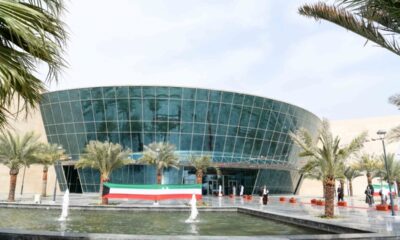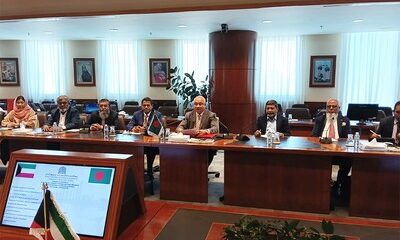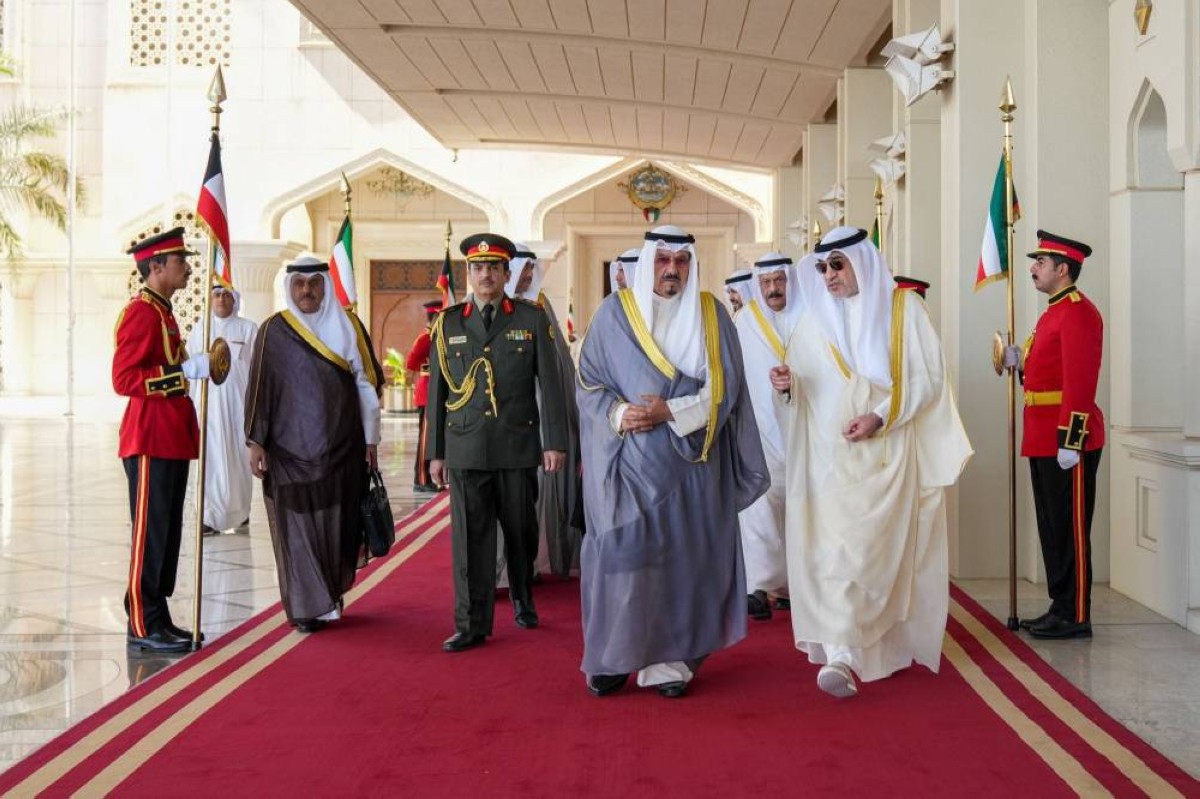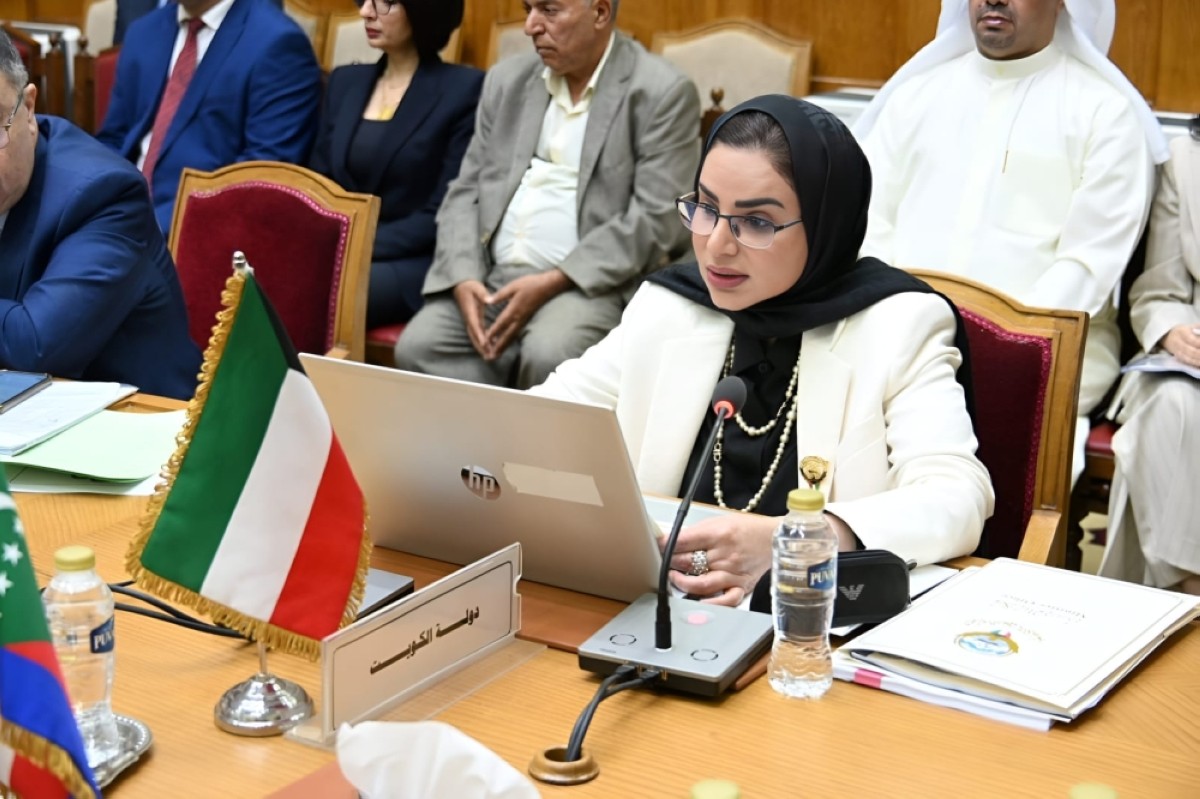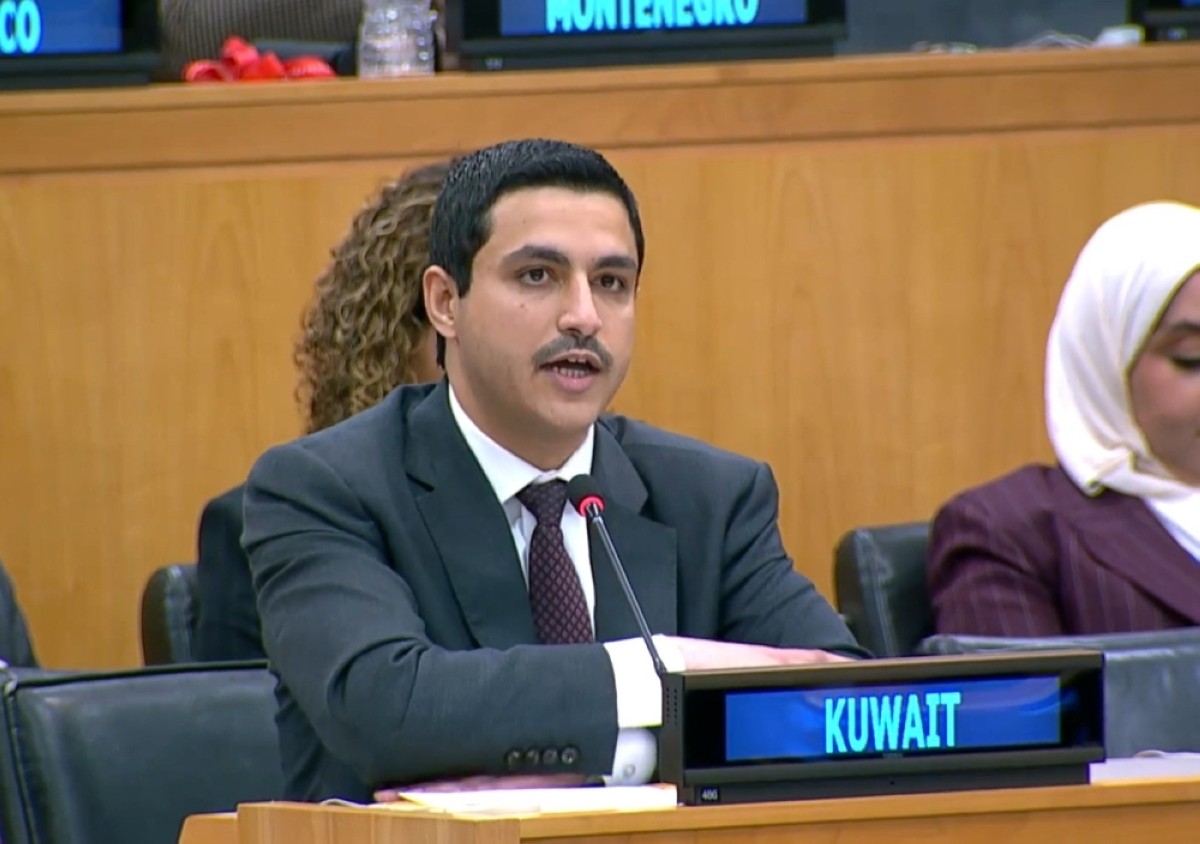KUWAIT: Kuwait’s ministry of interior issued ministerial decree no. 678/2025 outlining how modern scientific methods — including DNA and biometric testing — may be used to determine whether an individual qualifies for Kuwaiti citizenship or is subject to revocation of it. Published in the official gazette Kuwait Al-Youm, the decree defines key terms, identifies who may be subject to testing and establishes procedures and legal safeguards for using biological samples in citizenship-related cases.
The decision formalizes rules around testing that had previously been applied on a case-by-case basis and expands the role of forensic science in verifying lineage or identity. The decree, which takes effect from the date of its publication, comes amidst a widespread government campaign that has revoked the citizenship of more than 35,000 people since its launch in August 2024. Here’s what the new decree means.
What is the purpose of the decree?
The decree aims to provide a legal and procedural framework for using scientific evidence in cases involving the granting, revoking, withdrawal or loss of Kuwaiti nationality. It codifies the types of scientific tests that can be used — such as DNA analysis and biometric identification — and sets standards for how these tests should be conducted, by whom and under what conditions.
Who can be tested under the decree?
The decree applies to individuals whose citizenship status is under review. These individuals, referred to as “subjects” in the text, may be asked to undergo testing to confirm their entitlement to Kuwaiti nationality or to assess whether their nationality should be withdrawn or revoked.
What kinds of scientific methods are permitted?
The decree authorizes the use of several scientific methods, including genetic fingerprinting (DNA testing), biometric data collection (such as fingerprint, iris and facial scans) and any other future technologies approved by the ministry of interior. DNA tests are used to establish familial relationships and confirm identity based on inherited genetic traits, while biometric tools compare unique physical features to verify a person’s identity.
Who conducts the testing?
The decree assigns responsibility for carrying out tests to specialized government-approved centers, including the department of criminal evidence within the ministry of interior. These centers must be equipped with certified medical and technical equipment, and all testing must be performed by qualified professionals. Analysts must have no familial or personal connection to the individuals under investigation and must not have any criminal convictions that might affect their integrity.
How is data stored and protected?
All biometric and genetic data collected under the decree is stored in secure databases managed by the ministry of interior. The decree mandates detailed recordkeeping and requires that all steps — from sample collection to the issuance of test results — be documented. These records must be available for review upon request by the relevant authorities. Confidentiality is emphasized throughout the decree, with strict provisions in place to ensure that individuals’ genetic information is handled discreetly and only accessed for official purposes.
What is the procedure for DNA testing?
To begin the DNA testing process, officials must obtain approval from the general department of nationality and travel documents, or another authority designated by the minister of interior. Biological samples — such as blood, saliva or hair — are collected from the individual, and the analysis is carried out in authorized laboratories. Eligible samples include blood, semen, hair, bone, saliva, urine, amniotic fluid, fertilized egg cells post-division and body cells.
The labs extract and examine DNA to determine whether the individual’s genetic profile matches that of family members or records previously stored. After completing the analysis, a sealed report is submitted to the General Department of Criminal Evidence, which then forwards its final recommendation to the nationality department.
Can people request retesting?
Yes, the decree allows for retesting if requested by the subject of the investigation or by the testing center, provided that the ministry of interior grants approval. The retest must follow the same procedures outlined in the original testing process.
How are the results used?
Once the analysis is complete, the general department of nationality and travel documents prepares a legal opinion based on the test findings. This opinion assesses whether the individual qualifies for Kuwaiti citizenship or not. The final decision is referred to the supreme committee to investigate Kuwaiti citizenship, which determines the appropriate action — including the potential granting or revocation of citizenship.
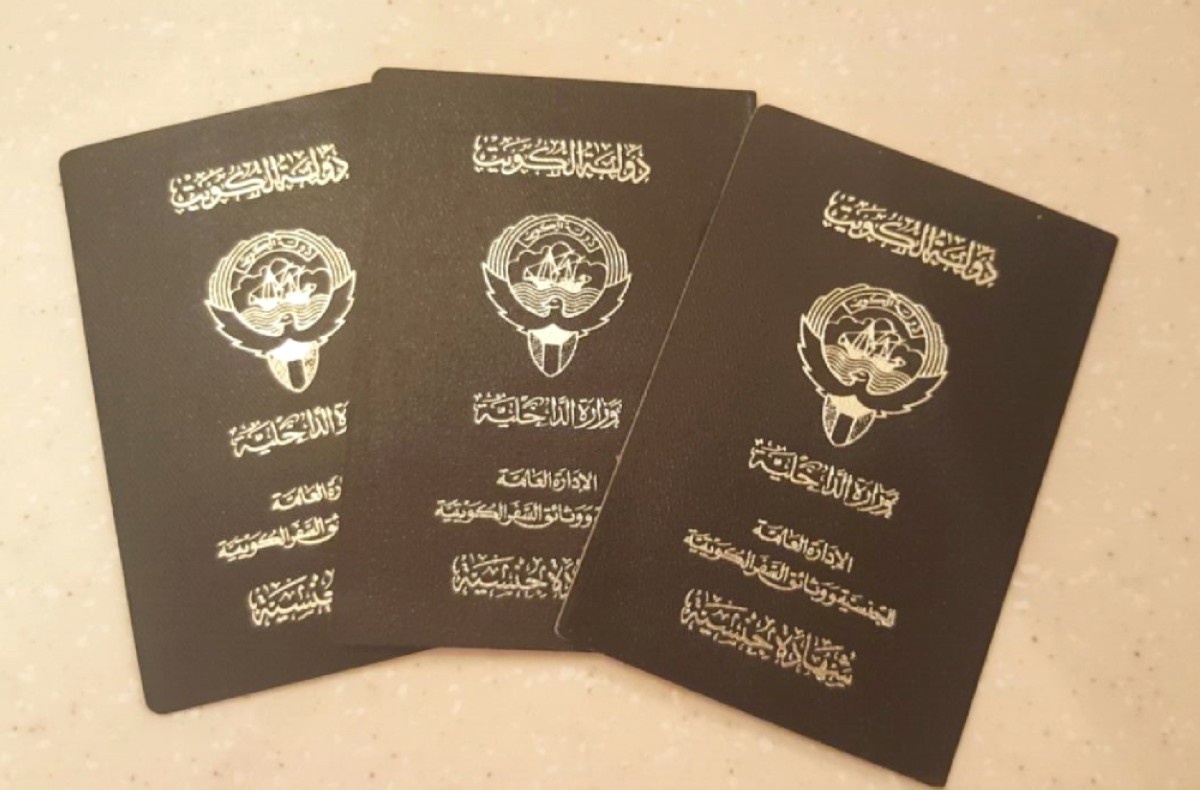

 Politics24 hours ago
Politics24 hours ago
 Politics14 hours ago
Politics14 hours ago
 Latest News21 hours ago
Latest News21 hours ago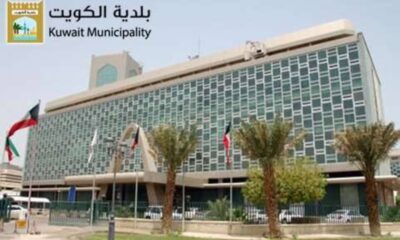
 Latest News24 hours ago
Latest News24 hours ago
 Latest News12 hours ago
Latest News12 hours ago
 Latest News23 hours ago
Latest News23 hours ago
 Latest News14 hours ago
Latest News14 hours ago
 Politics3 hours ago
Politics3 hours ago


